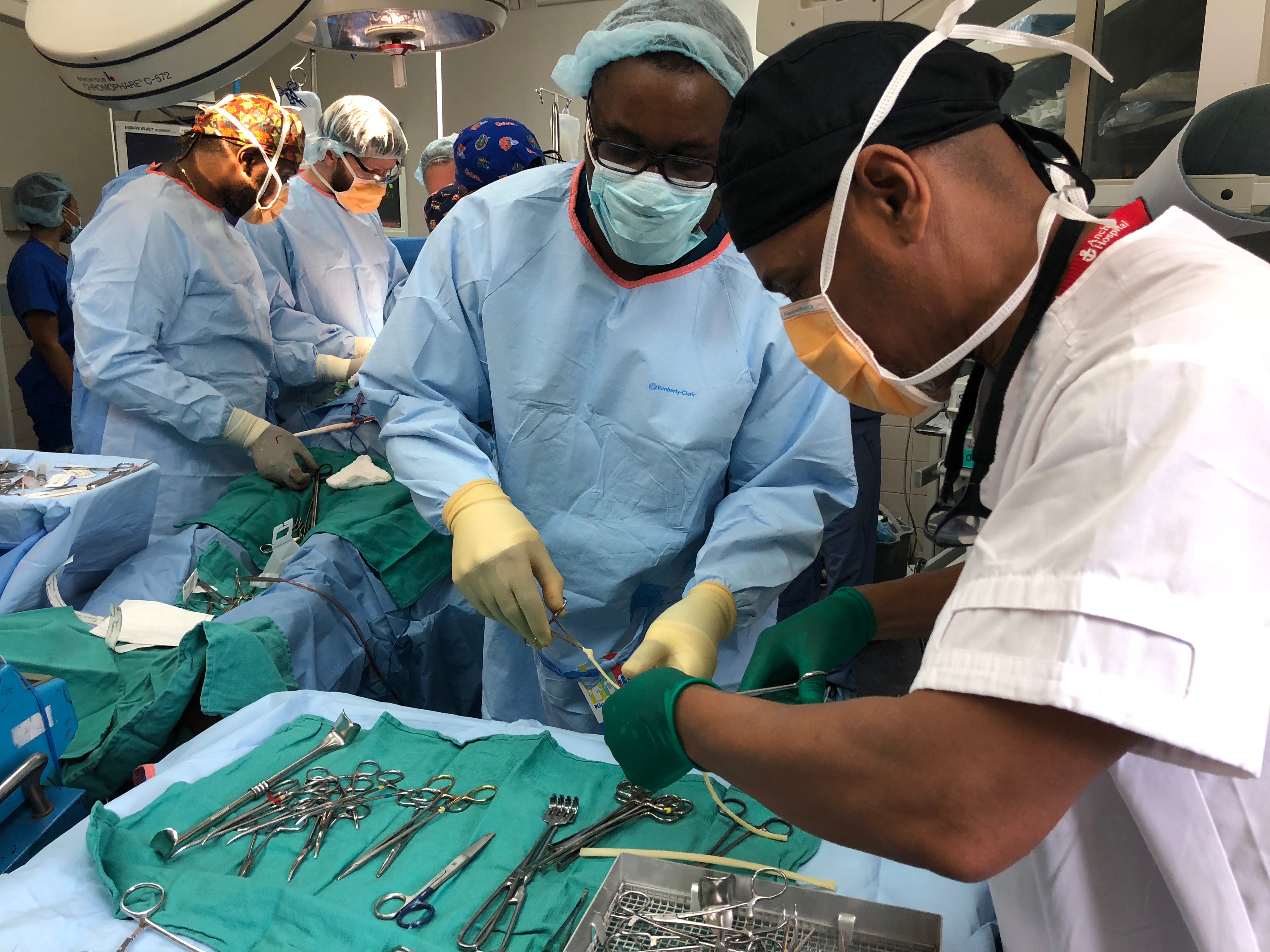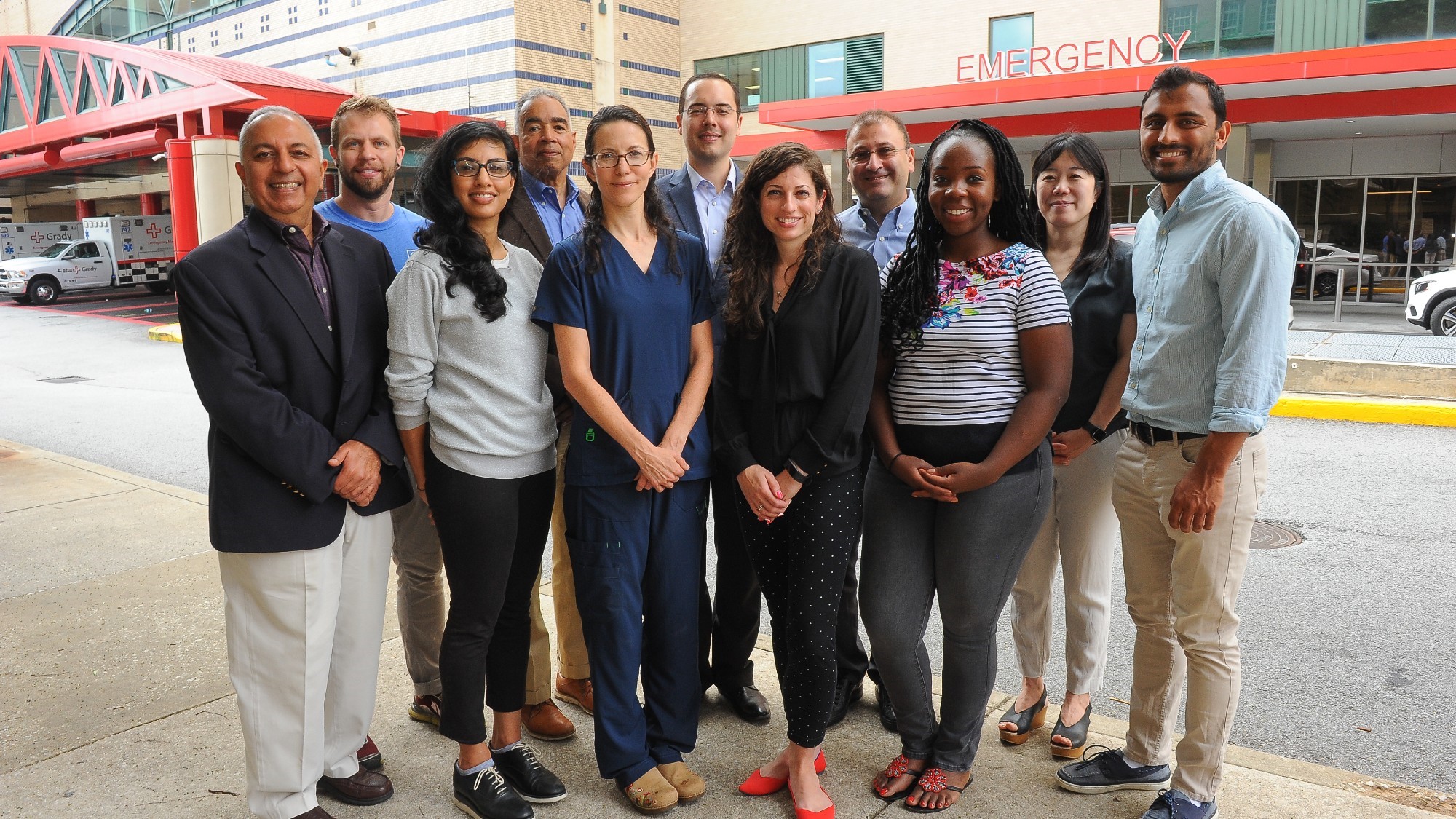Atlanta is a global health crossroads for the world, home to the CDC, Task Force for Global Health, Carter Center, CARE International, as well as Emory University and its academic partners. Global health is a strategic priority at Emory, and the Emory Global Health Institute (EGHI), founded in 2006 as part of the University’s strategic plan to develop a strong academic infrastructure in global health, has led the establishment of numerous successful education and research programs.
In partnership with EGHI and Department Chairs, a global health strategic plan was developed for the School of Medicine (SOM) in 2011. Global health activities in the SOM include clinical outreach, research partnerships, and global health training/education. These initiatives are supported through Departmental budgets, philanthropic gifts, grants, and in-kind contributions from motivated faculty. Amplified investments in global health that prioritize racial, gender, and health equity; reciprocal and bidirectional partnerships; evidence-based decision making; and effective health communication are needed for an improved post-pandemic world.
In 2020, EGHI convened a GH@SOM working group composed of 27 faculty, trainees and staff across the SOM who developed a proposal to establish a centralized global health office in the SOM and implement a coordinated strategy for global health for Emory Medicine. The Emory SOM Global Health Office was launched in September 2021.






